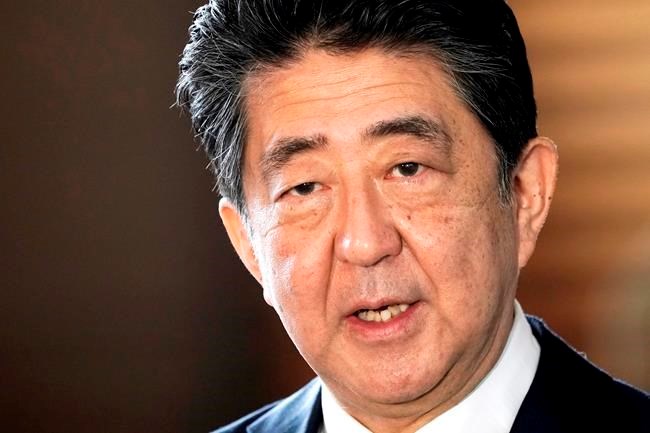TOKYO — Former Japanese Prime Minister Shinzo Abe said he has visited a shrine viewed by China and both Koreas as a symbol of wartime aggression.
Abe's visit Saturday to Yasukuni Shrine in Tokyo, which he announced in a tweet, comes days after his resignation. It was his first visit in nearly seven years.
Abe said on Twitter that he visited the shrine "and reported to the souls of the war dead” that he'd resigned as prime minister. Abe’s last visit to the shrine was in late 2013.
The shrine is controversial with victims of Japanese military aggression in the early part of the 20th century, and especially the Koreas and China, because it
Later Saturday, the South Korean government expressed “deep concern and regret” over Abe’s shrine visit. A Foreign Ministry statement said the shrine “beautifies Japan’s colonial plundering and war of aggression.”
Many South Koreans still
Abe, Japan's longest-serving prime minister, resigned because of health issues. Suga started his first full day in office on Thursday.
Suga won the backing of fellow ruling party lawmakers with a pledge to carry on Abe’s policies.
Abe, considered a foreign policy hawk, had sometimes fraught relations with China and South Korea, in part because of his revisionist stance on Japan's wartime crimes.
The Associated Press


